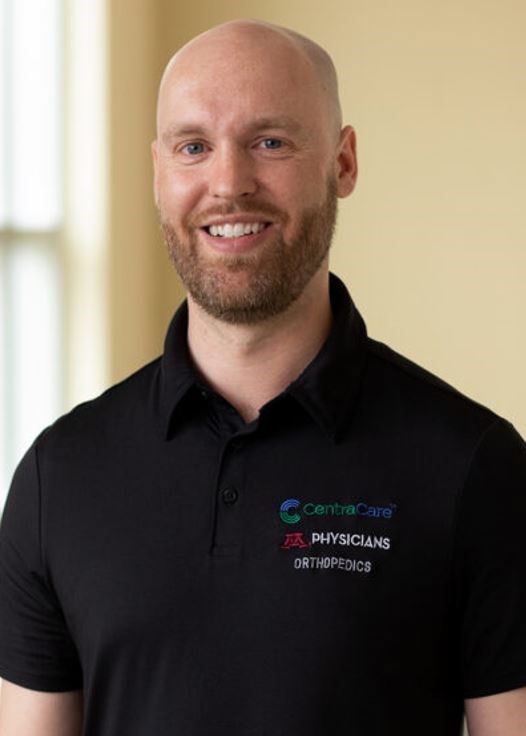Information about a piece of news titled Kyle Martin is defending his PhD thesis on June 4th 2025
Kyle Martin is defending his PhD thesis on June 4th 2025
Intoduction
Kyle Martin will defend his doctoral thesis: " Predicting Anterior Cruciate Ligament Reconstruction Outcome - Machine Learning Analysis of National Knee Ligament Registries".

Disputas: Wednesday 4th of June 2025
Place: Auditorium Innsikt, Norges Idrettshøgskole
Time - Trial lecture: 10.15 – 11.00: "Treatment of recurrent patellar instability and the role of AI - Is it time to go all in, or is less more?"
Time - Thesis Defence: 13.00 – 16.00: "Predicting Anterior Cruciate Ligament Reconstruction Outcome - Machine Learning Analysis of National Knee Ligament Registries"
Language: English
Commitee
Committee chair: Professor Jorunn Sundgot-Borgen, PhD FACSM, Department of Sports Medicine, The Norwegian School of Sport Sciences
1.st opponent: Professor Kristoffer Barfod MD PhD, Consultant, University of Copenhagen, Section for Sports Traumatology, Bispebjerg Hospital, Denmark
2nd opponent: Jacobien Oosterhoff MD PhD, Researcher, Department of Orthopaedic Surgery, University Medical Centre Groningen, the Netherlands
Supervisors:
Main supervisor:
Professor Gilbert Moatshe MD PhD, Department of Orthopedic Surgery, Oslo University Hospital, Norway
Co-supervisors:
Professor Roald Bahr MD PhD, Department of Sports Medicine, Norwegian School of Sport Sciences, Norway
Professor emeritus Lars Engebretsen MD PhD, Department of Orthopedic Surgery, Oslo University Hospital, Norway
WHAT IS THE PROJECT ABOUT:
When patients tear an ACL, an important stabilizing ligament in the knee, surgery is usually recommended to restore stability and return to an active lifestyle. In this scenario, patients are often curious about how they will do after surgery, asking questions like, “what are the chances of success or failure with surgery?” When answering these questions, physicians often generalize and make estimates using their experience and knowledge of previous research studies. However, for ACL reconstruction surgery, one size does not fit all and patients may have very different risk profiles with regards to eventual outcome.
This thesis sought to overcome this limitation by using machine learning – a subset of artificial intelligence – to develop risk calculators that can estimate the risk of certain outcomes after ACL reconstruction on a patient-specific level. The primary outcome of interest was the likelihood of a patient requiring a revision surgery (a re-do operation for a failed reconstruction) within 5 years. The Norwegian and Danish national knee ligament registries, which collect data on every ACL reconstruction performed in those respective countries, served as the information source used to train the machine learning algorithms.
This thesis consisted of 6 studies which developed and tested the validity of several prediction models and led to the creation of the first machine-learning-based online calculators which clinicians could use in the office setting to estimate outcomes for their patients. The accuracy of these models was moderate overall – better than random chance but also with room for improvement. Taken together, these studies demonstrate the potential of novel AI-based tools for clinical outcome prediction, while also highlighting the associated challenges and limitations.

